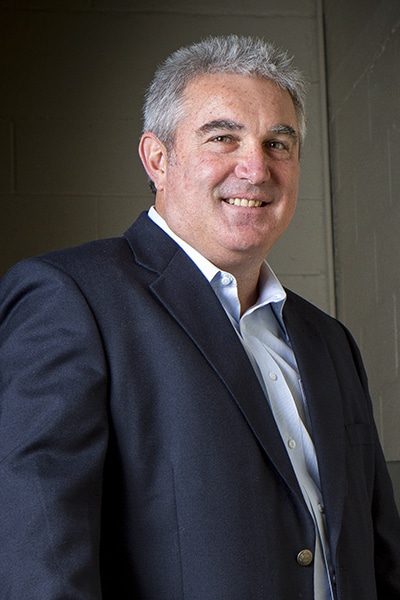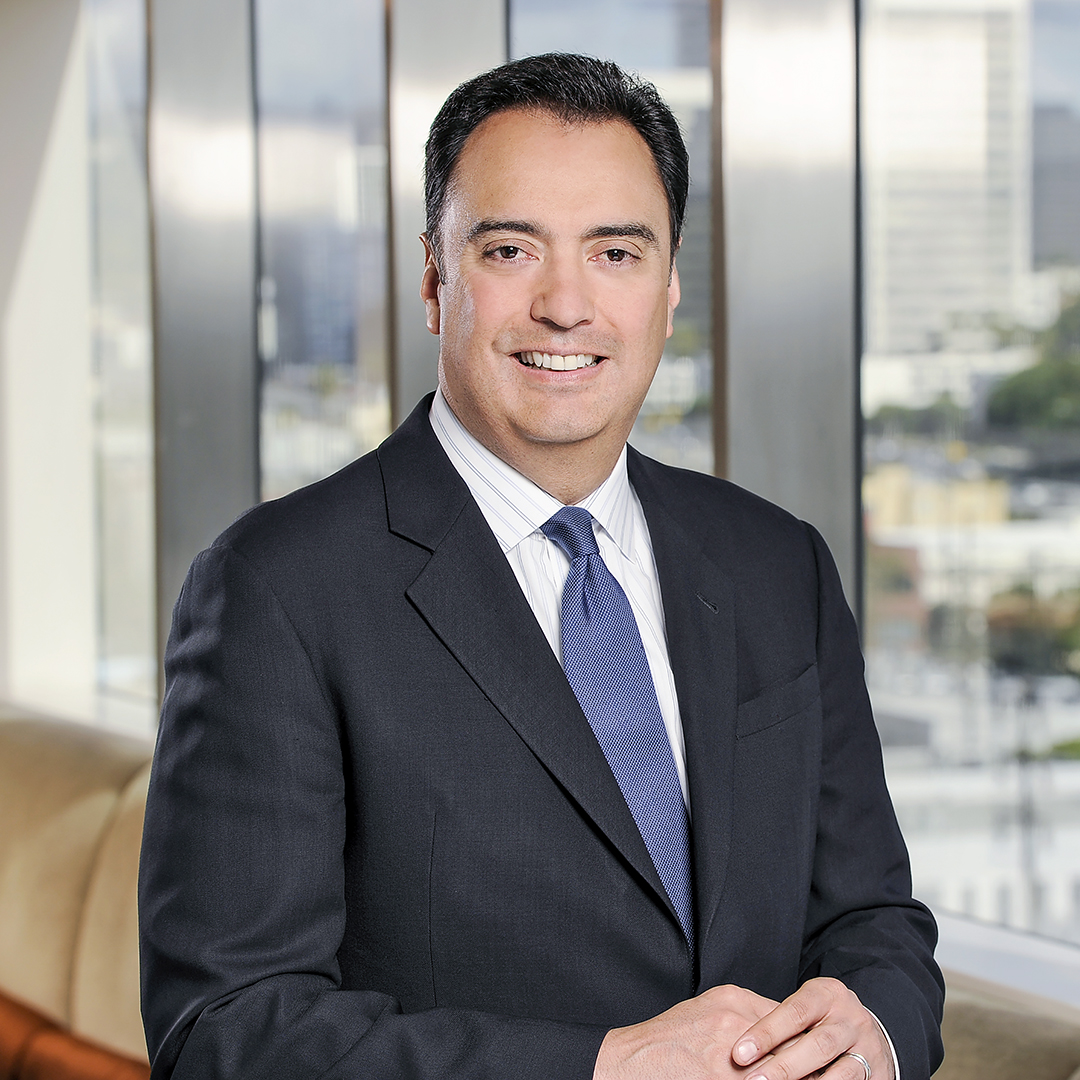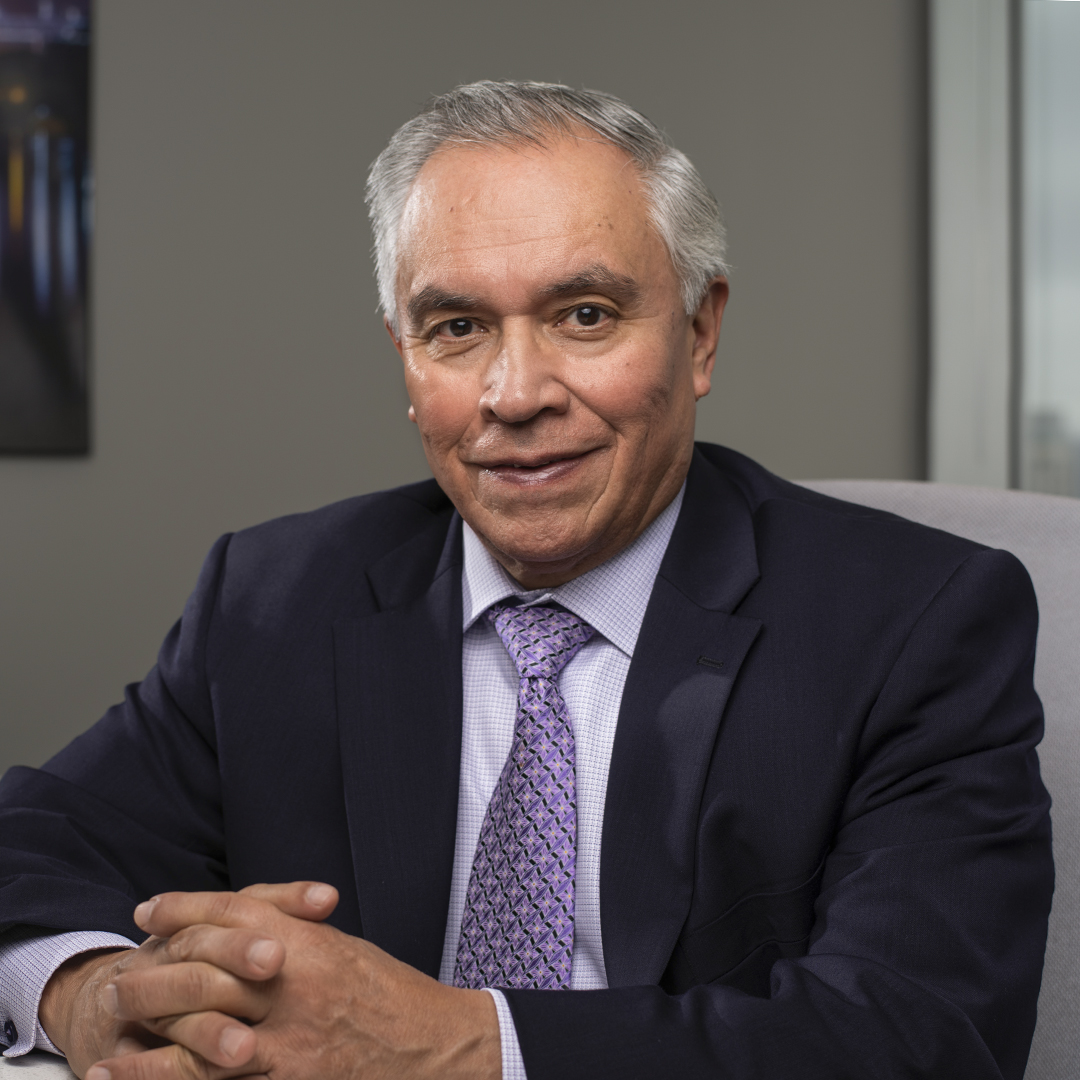|
Getting your Trinity Audio player ready...
|
“The time to act is now,” says Jorge Titinger, the former CEO of Silicon Graphics International (SGI) and a board member of prominent tech and finance companies including Hercules Capital and CalAmp. A native of Peru, Titinger has always considered his differences to be one of the strengths that he brings to the organizations he serves. But now, he’s using his platform as both a business leader and an author to highlight the imperative that he believes we all have to embrace differences at every level of industry.
Growing up in Peru, Titinger says, he often saw gender and racial stereotypes being turned on their head. “My mother was a medical doctor, and my father was also a successful businessman, but the notion that men have better jobs and make more money was just never a part of my mind-set,” he explains. “I grew up as a soccer player, and in sports, it doesn’t matter ‘what’ you are. It’s about talent—it isn’t about anything else.”
Even later in life, these patterns continued. “There was a huge difference in the number of men and women studying electrical engineering at Stanford,” Titinger says. “There were maybe six women out of every hundred guys in each class.” As he advanced in his career and began working outside of Peru, he continued to notice these types of differences—but in the US they tended to run true to stereotypes.
“The same question kept going through my mind,” Titinger says of his experiences studying and working in the United States. “‘Why are these groups so unbalanced?’”

As CEO of SGI, “I was always a big advocate for gender opportunity and made that a part of the culture of the company,” Titinger recalls. “I had women on my board as well as my executive teams. To the extent that I could be, I’ve always been a voice for positive change in the Silicon Valley area.”
Titinger has continued to advocate for change as a board member for an array of for-profit and nonprofit organizations, as an advisor at the National Society of Hispanic MBAs (now named Prospanica), as a six-year awardee of the Hispanic IT Executive Council, and as the chairman of the Hispanic Foundation of Silicon Valley.
Throughout the years, Titinger says, he has realized that having a board is a privilege and an asset. “Some companies may view them as a nuisance,” he acknowledges, “but to me it means having between five and twelve very competent people on your side and helping you win using their incredible wealth of input, feedback, and experience.”
He emphasizes that a big part of what enables him to help companies like CalAmp and Axcelis win is “the whole strength” of both his experience and his background.
Titinger is far from alone in believing that diverse talent brings strength to the corporate world. In his 2019 book Differences That Make a Difference, he and his coauthor, Pedro David Espinoza, showcase the insights, viewpoints, and experiences of 150 diverse leaders from across the globe.
“We talked to people working as CEOs of public companies, people working as mayors of cities, people in three or four different countries—a whole host of people,” Titinger says. “We wanted to raise the voices of all these phenomenal people and share what they have been doing in the world.”
But the book is also a call to action, he notes. While many people today don’t realize how unequal the professional world is, Differences That Make a Difference shows “the reality of where things are.”
“To the extent that I could be, I’ve always been a voice for positive change in the Silicon Valley area.”
“In the book, we share a statistic that says there are more CEOs named David and John than women CEOs in the entire Fortune 500,” Titinger says. “That means women are less than 5 percent of the Fortune 500 CEOs. And for African Americans or Latinos it’s even less, even though 25 percent of the population of Silicon Valley is Hispanic.”
Educating the business world about gaps in the C-suite is critical to the future success of that sector. But Titinger argues that the gaps among decision-makers are not the only ones that will make an impact in the days to come.
“The world is going to continue to change, and technology is going to drive significant changes in the not-too-distant future,” he explains. “2030 is not that far away, and by then it is estimated that between twenty-five and thirty million jobs will be automated.
“Unfortunately, the first jobs to be disrupted will be manufacturing and administrative jobs, which are typically the types of jobs held by women and minorities,” he adds. “We all—the people and companies and greater society—need to take that seriously and start helping those populations get better at the jobs of the future rather than the jobs of the past.”
Notes and Quotes
“The first time I read the finished book, I put sticky notes next to the quotes that I really liked,” Jorge Titinger says of his recent book, Differences That Make a Difference. “But as I went along, I found that I was putting a sticky note on almost every single page.”
Though Titinger says it would be impossible to pick a favorite, he did share a few of the quotes he’s found most compelling:
“If the leaders don’t make it absolutely clear that they see inclusion as a core value, no one will recognize it.”
—Bart Myers, Founder of TiVo, Countable
“When I am asked to make the business case for diversity, I say, ‘You make the case for homogeneity.’”
—Barbara Whye, Chief Diversity and Inclusion Officer, CHRO, Intel
“Society at large should take steps to close the gaps it has created, be it poverty, direct or indirect discrimination, or lack of access to education.”
—Eric Schmidt, Former CEO, Google

